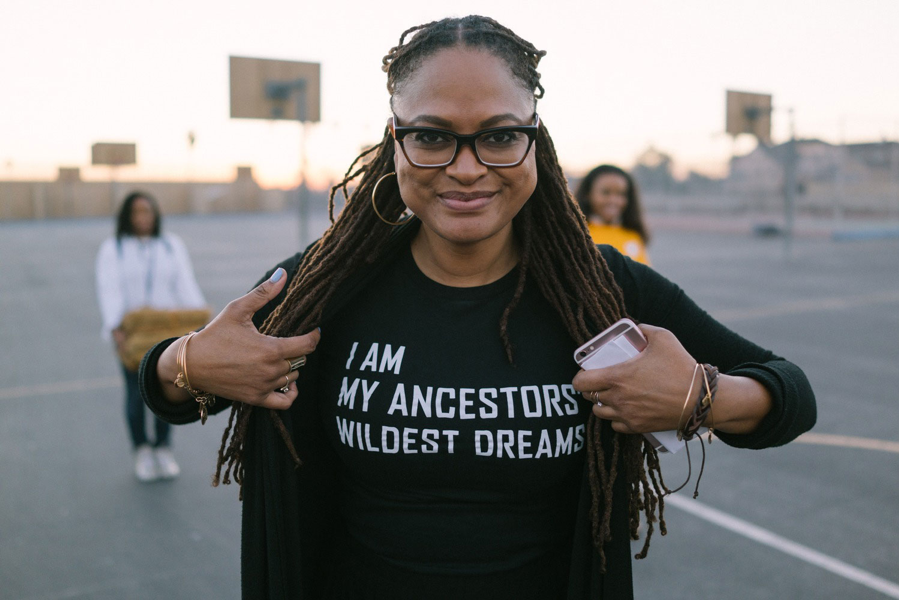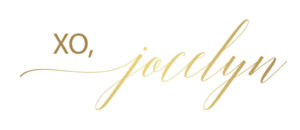

We Are Our Ancestor’s Wildest Dreams
Since January, we have witnessed the undoing of generations of our ancestors’ work that enables us to live in a society that recognizes and respects our existence and contribution to America. The drawbacks carry with them a mental and emotional toll. When we are not ourselves, we are not present for our needs or for one another.
When I was in grad school, Henry Louis Gates Jr. visited our campus for a guest lecture. He said something I will never forget: “If I could afford to pay for every African-American to get therapy, I would do it because we all need it.” And we need it in ways we do not even realize.
We all have unresolved issues in our lives whether it’s a family situation, a work issue, or internal struggles that we don’t talk about. In my training with mental health professionals who offer grief recovery assistance to their clients, I utilize the iceberg analogy to illustrate how only so much of our lives can be seen above the surface. The water is the dividing factor between what we reveal to others and what remains underneath the surface. What lies underneath is a litany of unfulfilled hopes, dreams, and expectations that nobody sees because we are either actively suppressing them or we are not yet even aware of their existence. Whether or not we are consciously aware, there is a mental, emotional, and physical price we pay for not healing from our past.
When we talk about comorbidity rates of African-Americans and how we die at higher rates to certain diseases, it is often discussed as a physical epidemic. There is a need for us to expand that conversation into the realms of the mind-body connection and know that everything we hold onto internally sets the framework for our physical, mental and emotional undoing. This is why Henry Louis Gates Jr. is telling us we need to be in therapy. This is why I, as an Advanced Grief Recovery Method Specialist, continue to create content that serves as a reminder that unresolved emotions occupy real estate in our bodies and to a toxic detriment. The work that we all need to actively engage in for the entirety of our lives is discovery and healing. And we need to start back in our childhood and work forward from there.
When I was in junior high, I was bullied by way of being ostracized. My friends in the sixth grade decided to no longer be my friends in the seventh grade because a popular eighth grader didn’t like me. I spent most of the seventh grade by myself. I couldn’t handle the pain, disappointment, and betrayal of my friends so my protective response was to tell myself every day that everything was “okay.” Because I did not truthfully process my emotions or confront my friends, the toxic lesson I carried around with me into adulthood is that I’m unlovable. This is what happens when we don’t properly process our pain: we carry it with us, and it continues to restrict our life.
It wasn’t until I saw a therapist that specializes in EMDR (Eye Movement Desensitization Reprocessing) that I realized the extent of my pain. What I had minimized in my mind for decades was actually chronic trauma. The process of EMDR allowed me to disconnect from the trauma to the degree that I could recognize the event as an experience instead of it playing out as a part of my identity. And it changed my life because it caused me to reevaluate, reassess, and reestablish my sense of value to myself and to the world. And this is just one chapter in the story of my life.
We all have chapters in the story of our lives that have not yet been read. But it is time for us as individuals and as a community to dare to open the pages that have remained shut and address all the heartbreak and heal from all the things. I love the sweatshirt that says, “I am my ancestor’s wildest dream.” Our ancestors carried us this far in faith. The greatest gift we can give ourselves in carrying out their legacy is to take care of ourselves deeply.


